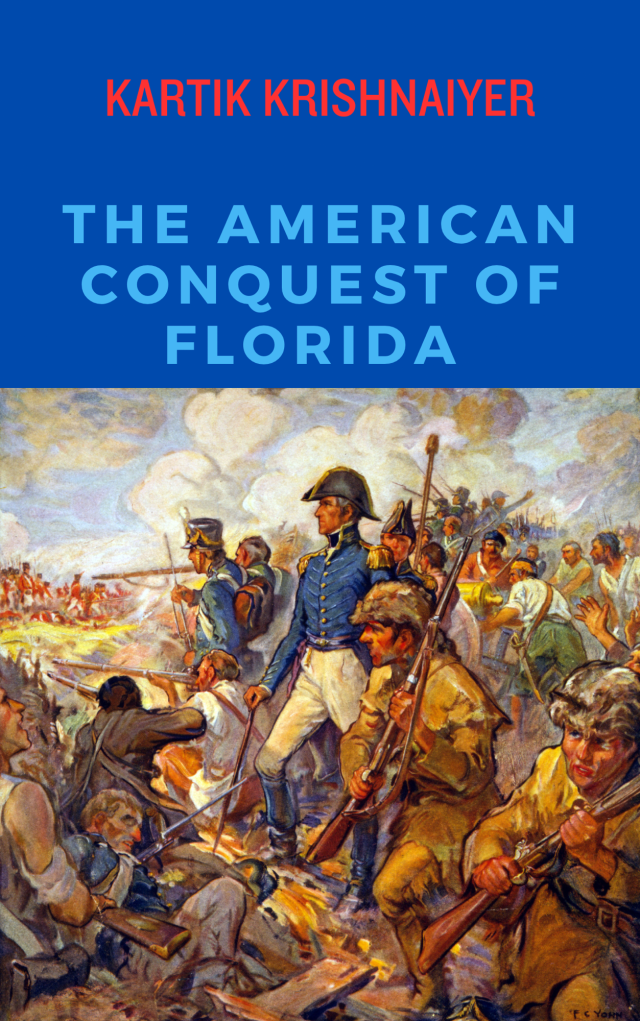Bob Graham, the single most influential Floridian of my lifetime passed a few hours ago. For me it’s a devastating blow- no public official meant more to me personally than Graham did. Let’s review the Florida he came into and the state he helped mold into a true Sunshine State along with the likes of Governor Reubin Askew and Senator/Governor Lawton Chiles and Governor Buddy MacKay.
Florida under long-term GOP rule has become – a state where the governing class conducts itself in a manner where arming citizens with information is discouraged and any competition of ideas or questioning of policies is strictly discouraged. The era of Bob Graham who passed yesterday at 87 was different. And a big part of the reason it was different was because of Graham himself.
Truth is Florida, as V.O. Key described in his seminal 1949 work, Southern Politics in State and Nation was a state where every individual politician was out for themselves. A one-party state like the rest of the “solid south” at the time, personal networks became the political parties of their days – and these networks were more often than not about patronage and classic back-scratching small state politics. Florida was a remarkably corrupt state and a violent one as well – the state led the nation in per capita lynchings between 1901 and 1950.
As Florida grew in the 1950’s and 1960’s an intense competition broke out between three, later four factions. The factions were the Pork Chop gang, a modernizing faction (best exemplified by Governor Leroy Collins, the man most responsible for preventing Florida from becoming a facsimile of Alabama or Mississippi during the Civil Rights era. ) and growing Republican influence in the state, mostly among transplants from the Northeast and Midwest. Eventually the GOP split into factions also, one led by colorful Governor Claude Kirk who led former-Democrats who were obsessed with race and other cultural issues the other were traditional Republicans more concerned about economics like Jack Eckerd and Congressman Bill Cramer.
The 1960’s were a time of incredible strife nationally and Florida was no exception. The state also had competitive two-party elections for the first time since reconstruction. Florida State Government was beset by corruption and scandals erupted in municipal governments as well. It even impacted the Supreme Court. Florida was growing, becoming a destination for new residents, businesses and of course the home of the space program. The nation was watching and what they saw was an eccentric state, a more sun-baked version of Alabama or Mississippi.
After GOP victories in key 1966 and 1968 elections, Florida turned back to the Democrats in 1970. But instead of returning to classic conservative Democrats like former Attorney General Earl Faircloth (who had challenged and weakened Collins by attacking him from the right in the 1968 Democratic US Senate Primary – Collins went on to lose decisively to the reactionary right-wing Congressman Ed Gurney in the general) and former Governor Farris Bryant, upstarts bested the former statewide officeholders in primaries – State Senator Reubin Askew of Pensacola defeated Faircloth in the Democratic Runoff for Governor, and then beat Governor Kirk in the General and State Senator Lawton Chiles defeated Bryant in the Primary for US Senate and then upset Cramer in the General. Meanwhile, Bob Graham was in the State Senate representing a district from the Miami area.
The Democrats governing Florida in the 1970’s were unlike anything the state had experienced before. The redistricting of 1968 had brought into the legislature more urbane representatives – part-time legislators who were accessible and approachable. Legislators shared offices and often skipped meals while pushing for governmental reform. The State House became a largely liberal institution aligned with Governor Askew, who was reform-minded and big on transparency and openness in government. Corporate influence on State Government was reduced dramatically. Askew courageously backed school busing in his first term and focused heavily on environmental issues much to the consternation of many in the Democratic establishment. The same establishment that tried to box up then State Senator Graham.

Over in the State Senate , Senator Dempsey Barron (D-Panama City) who led a bipartisan conservative coalition was a constant thorn in the side of the Governor and State House. Barron’s allies in 1974 tried to take Governor Askew out in both the primary and General Elections but failed to do so (in fact the 1974 GOP nominee for Governor was former Democratic State Senate President Jerry Thomas, who switched parties to run, giving conservatives two shots to take out Askew, one in the primary and one in the general). Askew’s 1974 victory, running with Jim Williams as his Lt. Gov (who replaced the conservative Tom Adams) ushered in a new era of progressive reform. Sunshine laws, public disclosure laws, campaign finance reform and a strong emphasis on both developing Florida’s public education system and cultural options. Askew’s commitment to protecting Florida’s environment was unparalleled to that point in the state’s history. He even supported the Equal Right Amendment!
The opposition to Barron and the champions for the hopes of Florida were led by two men – both future governors, Graham and Buddy MacKay. These “Doghouse Democrats” fought for reforms and for Florida’s people. They stressed consumer issues and anti-corruption measures. They focused on good public policy and transparency in government. Graham and MacKay fought Barron and his bipartisan good ole’ boy coalition and gave us a sense of what could be in this Sunshine State.
The legislators aligned with Graham and MacKay often shared offices and often skipped meals while pushing for governmental reform and proper growth management. Corporate influence on State Government was reduced dramatically.
In 1978, one of Barron’s great opponents in the Senate, Graham ran for the Democratic nomination for Governor. As my colleague Robert Buccellato has articulated, Barron and his allies backed just about every other Democrat running in some form in the primary and runoff elections, but Graham was nominated and defeated Eckerd, the GOP nominee in the General Election. Graham’s governorship saw Florida become a tech hub, and develop a cultural of innovation around young professional attracted the state sprung up . Growth management laws were strengthened and Florida became an even cooler place for artisans and cultural pursuits. We also had some of the best consumer protection laws in the nation.
The Governorship of Graham was Florida’s apex. We were the envy of the country and had a hip culture which was caring, innovative, relaxed and inclusive. The 1980’s were a special time – an enlightened time in Florida. EPCOT Center opened in 1982 and it was a statewide celebration. The IBM PC the previous year had been created by a team led by a native Floridian, Don Estridge at IBM’s Boca Raton campus.
The Space Program was riding high and I personally saw Governor Graham at multiple Shuttle launches (my father, who passed last year worked for NASA). It was a heady time for Florida and we were riding high thanks to Graham’s leadership.
After four years of a GOP Governor in Bob Martinez, albeit one contending with a Democratic legislature, Democrats retook the Governorship in 1990. Chiles, who spent 18 years in the US Senate ran for Governor, defeating a more conservative choice, Bill Nelson in the primary and crushing Martinez in the General. Chiles was hobbled however by increasing GOP numbers in legislature and the willingness of Democrats to compromise to win favor with those Republicans – his Governorship was more about holding the line of the progressive era than expanding it. Once he passed in 1998, Florida began to bleed to death.
But in the Senate we had a champion in Graham, whose focus wasn’t on whatever ideological issue dominated the day but on advocating for and promoting Florida. Florida’s interests, Florida’s industries, Florida’s people.
Today, Florida is far from the state it was in the 1970’s and 1980’s. Ethics in government and transparency are frowned upon, while the state is no longer of destination for young professionals. Our tech industry is sagging, our environment being largely eroded and ignored by policy makers and corporations have more influence than any time since the 1950’s in state government.
Bob Graham’s Florida was the Florida I knew and loved. He as much as anyone else was responsible for it. To say he is going to be missed is a wild understatement.







Graham is a reminder that Florida used to elect titans.
LikeLiked by 1 person
I recognized what he meant, even though the nation was going in the opposite direction when he was governor.
LikeLike
[…] of Florida’s governance, encapsulating the state’s political history within its walls. The era of Bob Graham marked a significant shift towards progressive and forward-looking governance, setting a new course […]
LikeLike